Idea by
Jeremy Pine, Duygu Kaban, Tristan Biere
Spacedigger
Call for ideas 2017
Mapping Future Archaeologies
Mapping Future Archaeologies
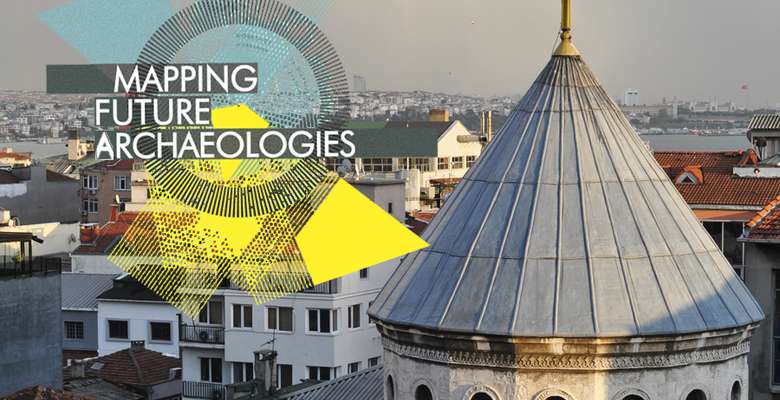
Mapping Future Archaeologies (MFA) is a methodology that Spacedigger has developed so that practitioners in architecture and urban planning can gain a deeper understanding of social, political, and historical power relations inscribed in the built environment of the city. Governments now acknowledge that for new urban initiatives to be successful, they must be meaningful for all stakeholders who feel connected to a space. MFA uses a conceptual tool set that includes: site analysis (land use, economy, historical architecture/infrastructure), spatial analysis (use patterns, identification of Lynchian urban forms), and engaged ethnographic research. MFA synthesizes these sources and reimagines them in novel combinations, in the same way that archaeologists from the future might (mis)understand today’s world, highlighting qualities that endure in a space across the longue durée. Finally, MFA uses creative cartography to speculate how an urban area can organically and fruitfully evolve.

The first edition of MFA focused on the neighborhood of Aksaray in the Istanbul's historic peninsula. This is a sample of overlays of current overland shipping connections with historic trade routes connected to the area.
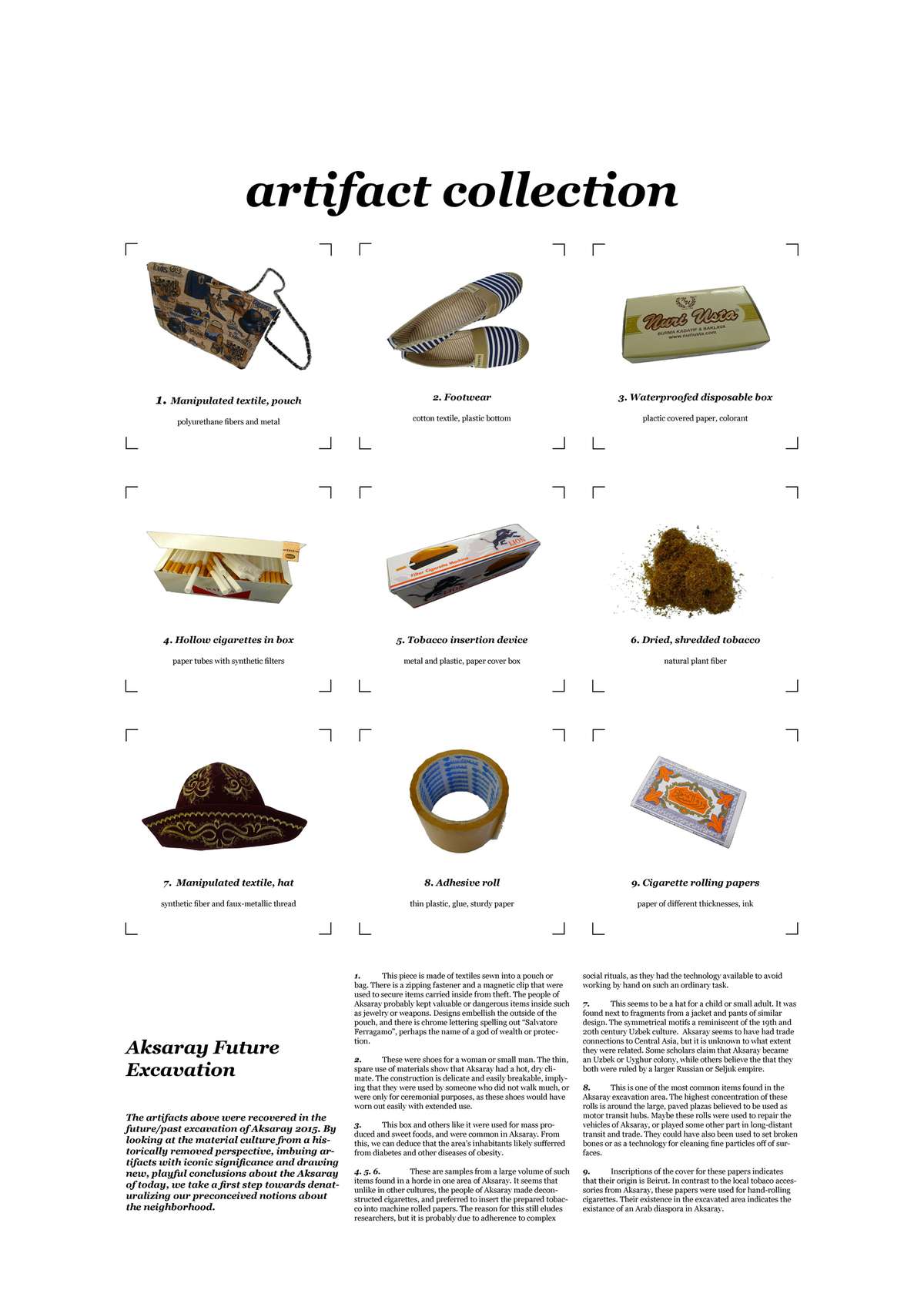
A collection of artifacts from a research site imbued with symbolic significance as though they were archaeological discoveries. By decontextualizing cultural objects we reveal facts about communities that are not self-reported in ethnographic interviews.
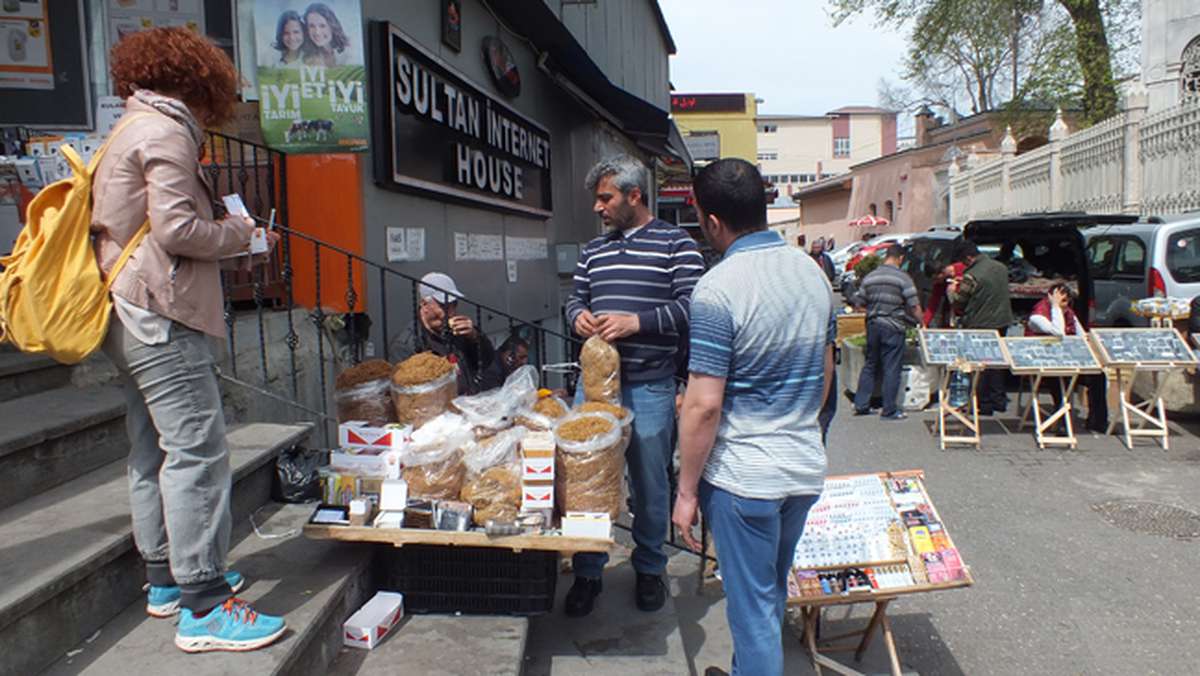
MFA workshop participants doing field research with street vendors, collecting oral histories and stories about local populations.
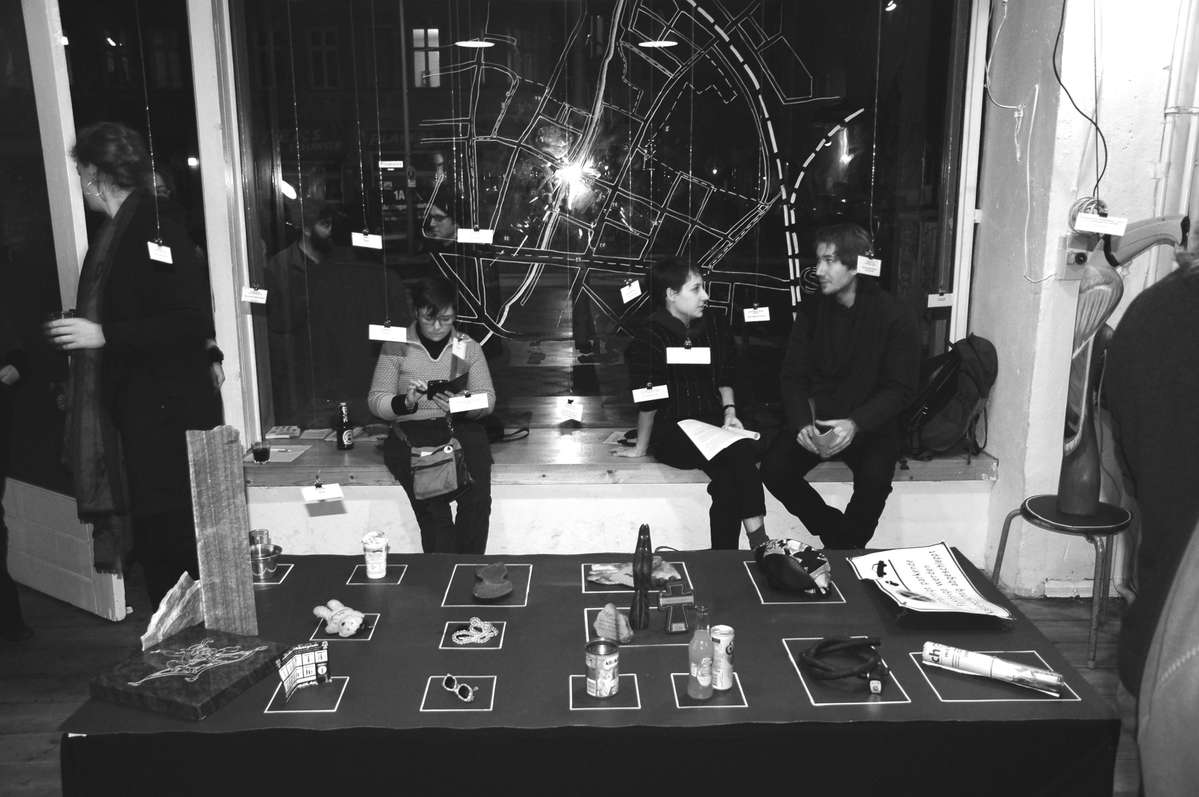
A Spacedigger exhibition displaying the results of neighborhood research from Soldinerkiez, Berlin.
Mapping Future Archaeologies
Mapping Future Archaeologies

Mapping Future Archaeologies (MFA) is a methodology that Spacedigger has developed so that practitioners in architecture and urban planning can gain a deeper understanding of social, political, and historical power relations inscribed in the built environment of the city. Governments now acknowledge that for new urban initiatives to be successful, they must be meaningful for all stakeholders who feel connected to a space. MFA uses a conceptual tool set that includes: site analysis (land use, economy, historical architecture/infrastructure), spatial analysis (use patterns, identification of Lynchian urban forms), and engaged ethnographic research. MFA synthesizes these sources and reimagines them in novel combinations, in the same way that archaeologists from the future might (mis)understand today’s world, highlighting qualities that endure in a space across the longue durée. Finally, MFA uses creative cartography to speculate how an urban area can organically and fruitfully evolve.

The first edition of MFA focused on the neighborhood of Aksaray in the Istanbul's historic peninsula. This is a sample of overlays of current overland shipping connections with historic trade routes connected to the area.
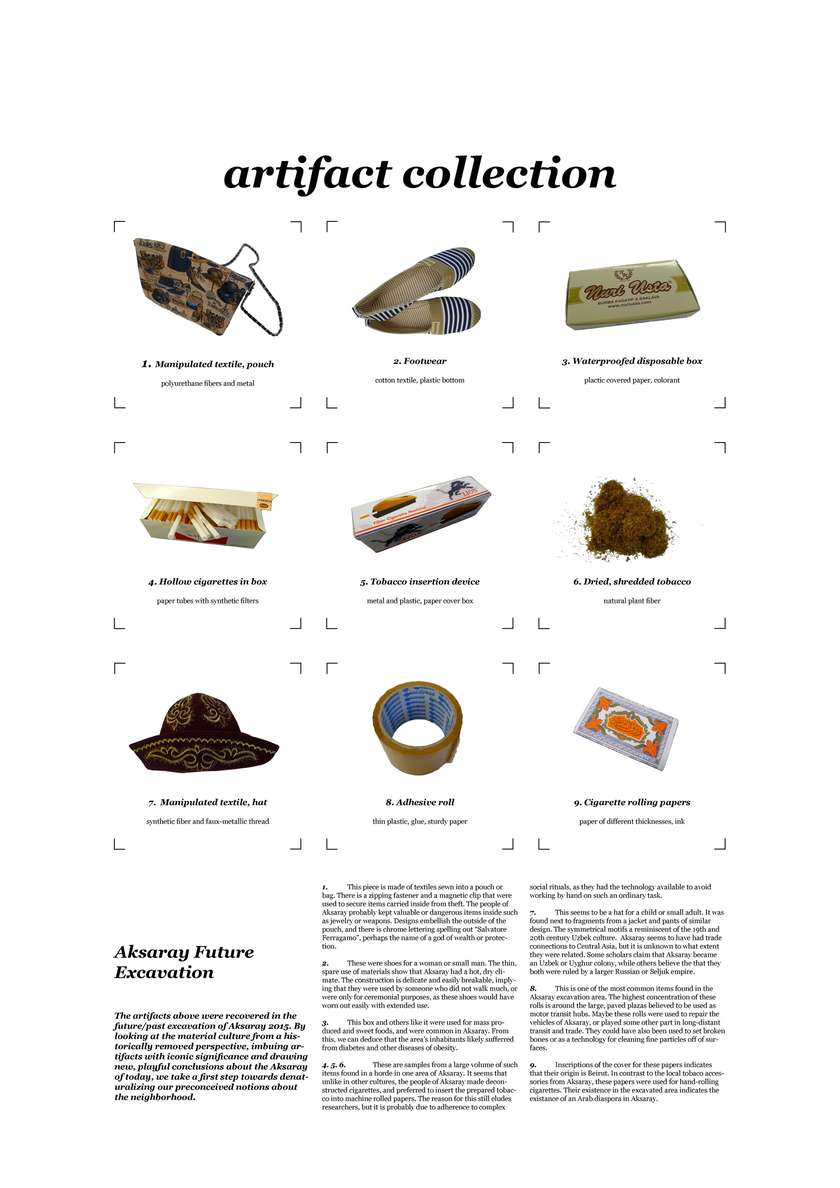
A collection of artifacts from a research site imbued with symbolic significance as though they were archaeological discoveries. By decontextualizing cultural objects we reveal facts about communities that are not self-reported in ethnographic interviews.
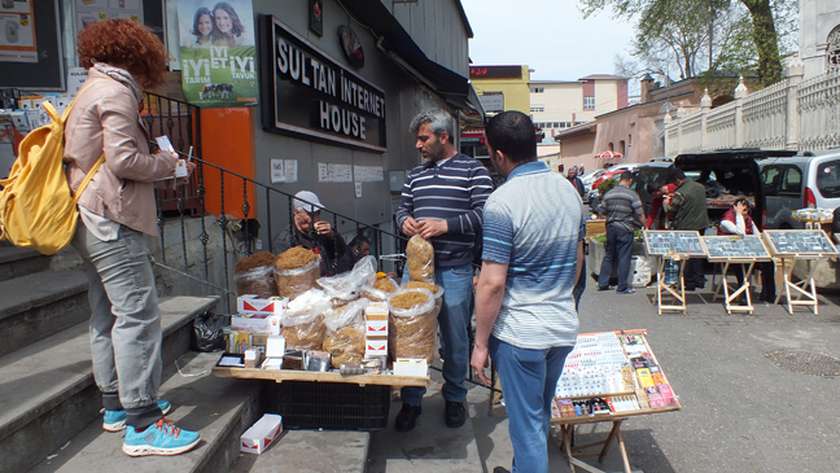
MFA workshop participants doing field research with street vendors, collecting oral histories and stories about local populations.
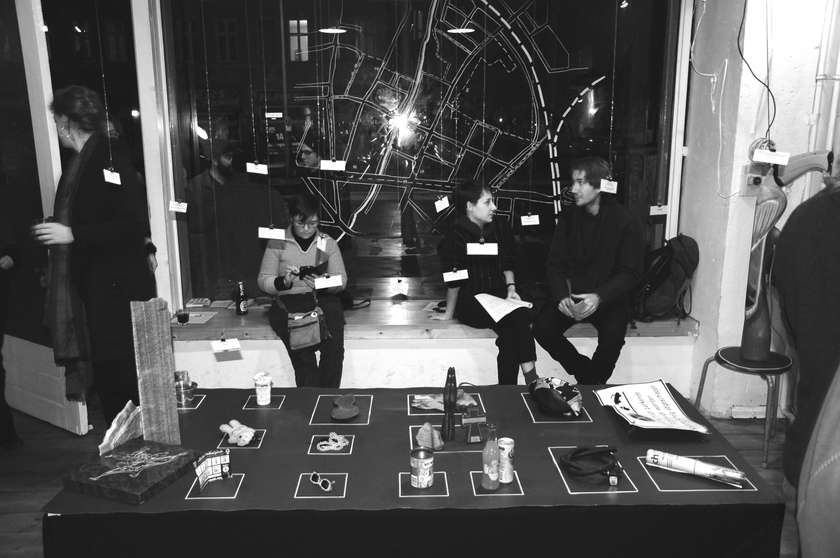
A Spacedigger exhibition displaying the results of neighborhood research from Soldinerkiez, Berlin.